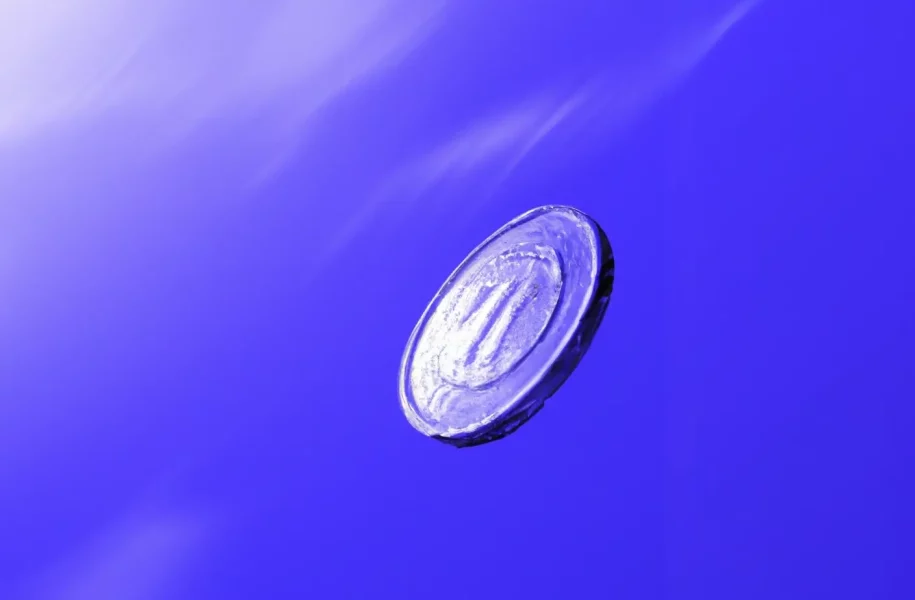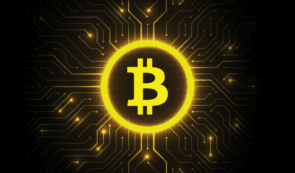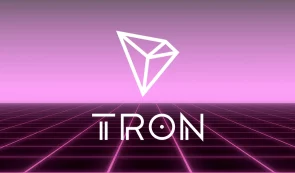“Crypto Assets Are Not Securities”, According to New Paper

A paper, written by Lewis Cohen and co-authors of the DLx Law firm, is gaining attention in the crypto community.
The “Ineluctable Modality of Securities Law: Why Fungible Crypto Assets Are Not Securities” is becoming popular because of its comprehensive examination of the Howey test and its application to crypto assets.
Lewis Cohen and his team from the DLx Law firm co-founded by Cohen have researched Howey-related case law and proposed an application that distinguishes between primary and secondary transactions in the crypto industry.
A recent court victory on Jan. 30 by the crypto community has sparked interest in Cohen’s paper titled “The Ineluctable Modality of Securities Law: Why Fungible Crypto Assets Are Not Securities.”
The Howey test
The paper thoroughly examines the Howey test, established by the US Supreme Court in 1946 to identify a security. The test involves four elements, referred to as prongs, that must all be met:
- An investment of money.
- In a common enterprise.
- With the expectation of profit.
- To be derived from the efforts of others.
The Howey test can only be applied retrospectively.
Cohen’s views on crypto assets
Cohen and his co-authors argue that “fungible crypto assets” do not meet the definition of a security, except for those designed to be securities.
They continue that a crypto asset offering on the primary market may be a security under Howey. However, they note that to date, only Telegram, Kik, and LBRY have been thoroughly briefed and decided cases relating to fundraising sales of crypto.
READ MORE: Visa to Test Stablecoin Payments
Views on secondary market transactions
The paper’s most significant contribution is its views on transactions with crypto assets on secondary markets.
The authors argue that the Howey test should be reapplied to sales of crypto assets on secondary markets, such as Coinbase or Uniswap. They claim that cryptocurrencies will not, for the most part, meet the Howey definition on the secondary market as the mere ownership of an asset does not create a legal relationship between the token owner and the entity that created it. Secondary transactions do not meet the second prong of the Howey test, which requires a third party.
Comprehensive survey
The paper’s authors conducted a comprehensive survey of Howey-related decisions and invited the public to add any other relevant cases to their list on LexHub GitHub.
They discussed SEC policy, relevant precedents, the Securities and Exchange Acts, and blockchain technology in over 100 pages, plus annexes. The authors reviewed 266 federal appellate and Supreme Court decisions to reach their conclusions.














